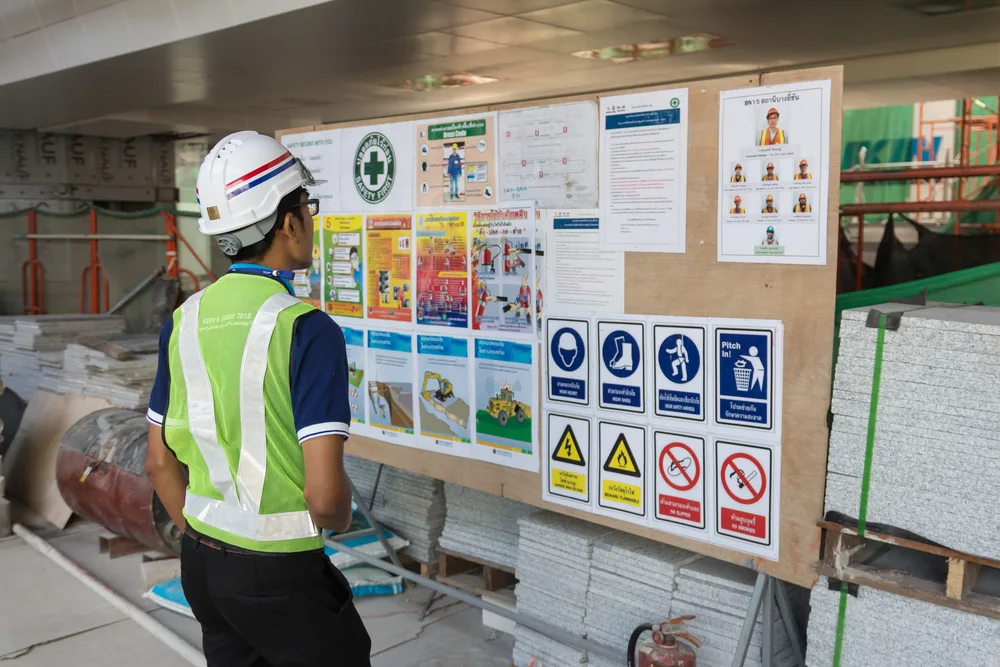Best Practices in Alarm Management Course
Introduction:
The ease with which alarms can be generated in Distributed Control Systems (DCS) has led to a relaxed attitude towards alarm thresholds, resulting in operators being overwhelmed by an excessive number of alarms that they struggle to manage. To address this issue, an Alarm Management System (AMS) is essential for identifying unnecessary alarms, adjusting incorrectly set thresholds, and optimizing system processes.
Without clear ownership and established alarm policies, alarm systems often produce too many irrelevant notifications, causing operators to miss critical alarms. Excessive rationalization of alarms and understaffed control rooms, without considering human factors, increases the risk of serious incidents. This non-technical seminar will teach you how to build an effective alarm management strategy and utilize alarm management tools.
Objectives:
At the end of this Best Practices in Alarm Management course, participants will be able to:
- Apply concepts and procedures to improve alarm management.
- Use system performance tools like the mercury alarm system to assess performance.
- Practice and improve alarm management best practices.
- Assess operator readiness, training, and capability.
- Identify opportunities to enhance plant performance and safety.
- Understand various methods for evaluating alarm systems and operators.
- Recognize the consequences of poor alarm performance and failure to implement sound alarm management practices.
Training Methodology:
- PowerPoint presentations
- Group work
- Case studies
- Drills and simulations
- Performance appraisals
- Peer reviews
Course Outline:
Unit 1: Introduction, Aims, Objectives, and Key Issues
- EEMUA 191 guidance document
- Core principles of alarm management philosophy
- Key concerns in alarm management
- Importance of alarm management in all plants
- Project plan outline
- Benchmarking and assessment
- Alarm analysis and rationalization
- Management of Change
- Definitions of system functions
Unit 2: Principles of an Alarm Management Program
- Alarm management improvement program
- Personal and team objectives
- Alarm fatigue: noise and emotion
- Reporting guidelines and 'no blame' culture
- Functional alarm management for increased output
- Commercial hazards and their impact on people and the environment
Unit 3: Performance Measurement and Human Factors
- Human factors in alarm management
- Operator questionnaires and performance improvement
- Handling redundant alarms
- Alarm and notification management
- Case histories of losses
- Balancing business needs with alarm management
Unit 4: Legislative Framework and Self-Evaluation
- Operator interface and alarm load assessment
- Legislative responsibilities in alarm management
- Physical assessment trees and case studies
- Self-evaluation activities and questionnaires
- Emergency alerting processes and stress management for control room operators
Unit 5: Major System Failures and Catastrophic Events
- Roles and responsibilities in major accidents
- Incident command and first responder coordination
- Shelter-in-place or evacuation procedures
- Formulation of emergency response drills


















